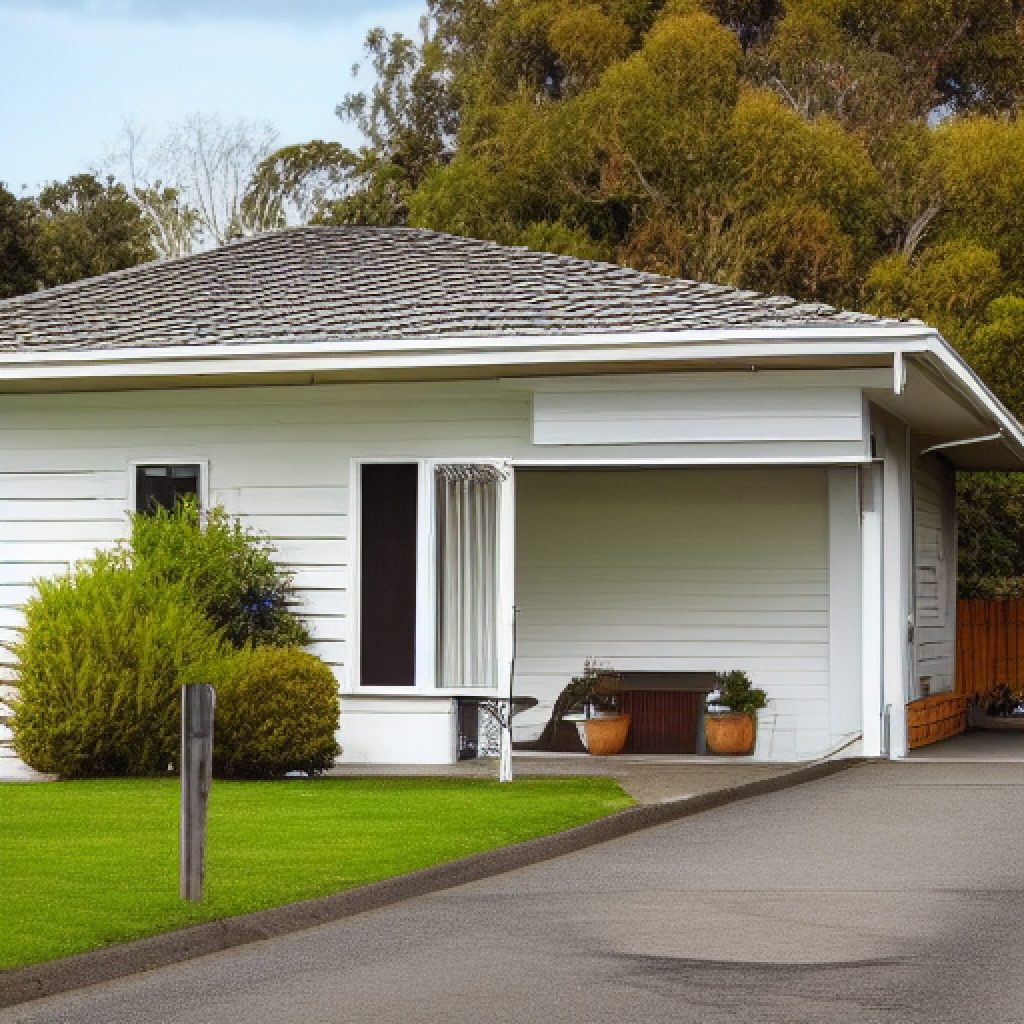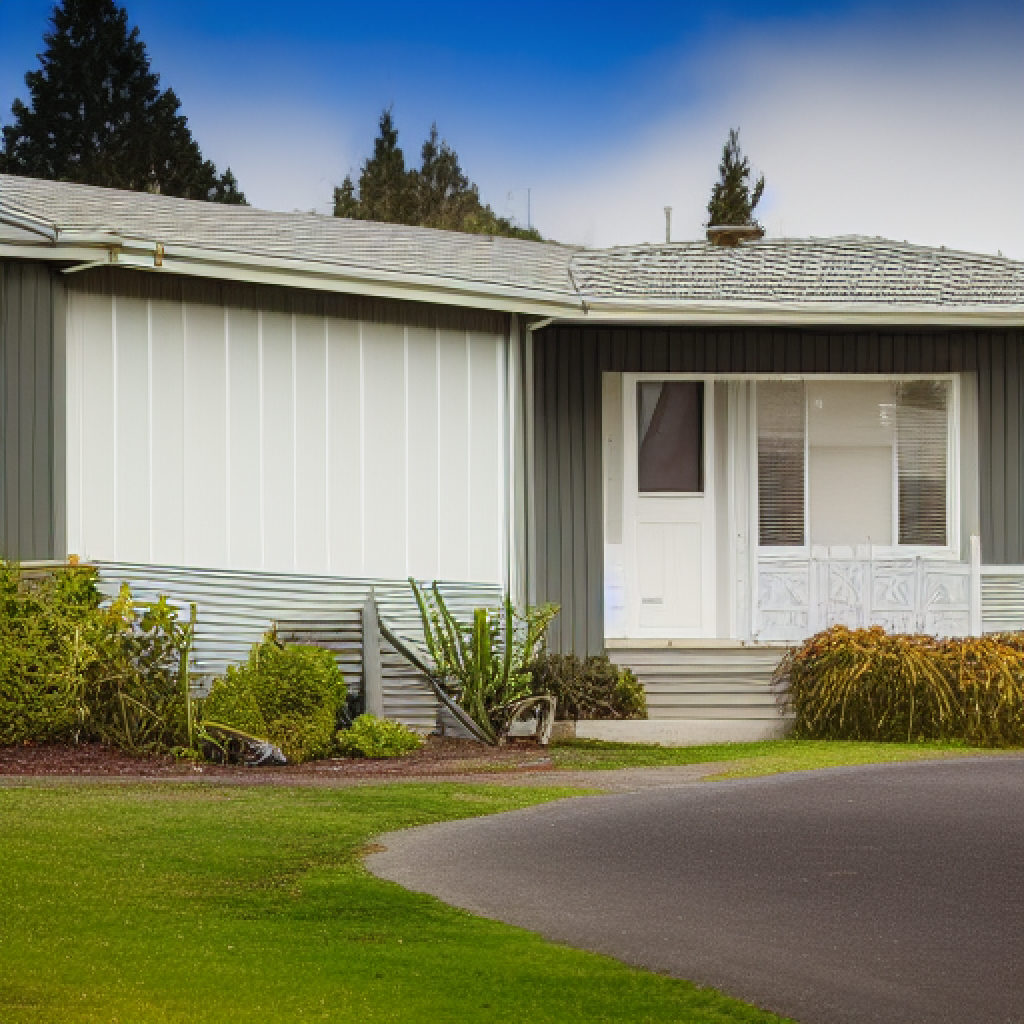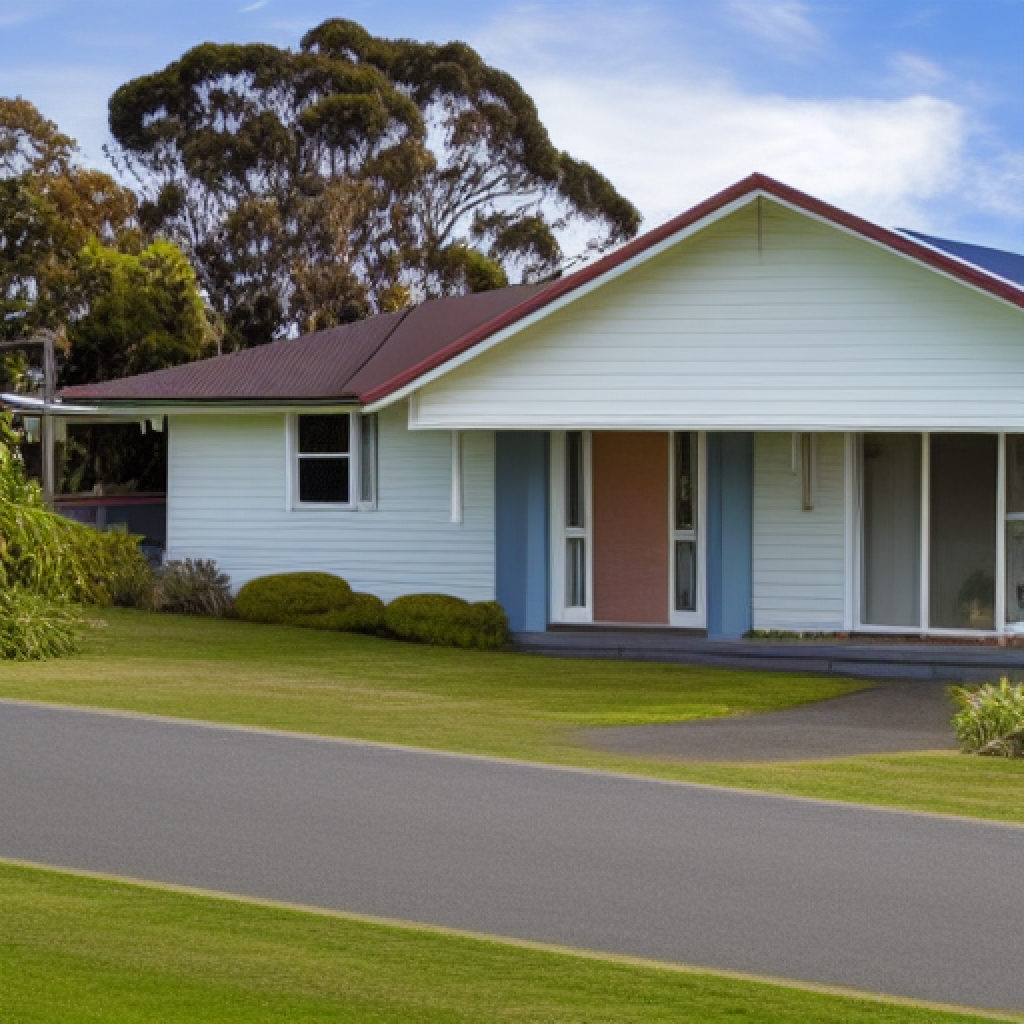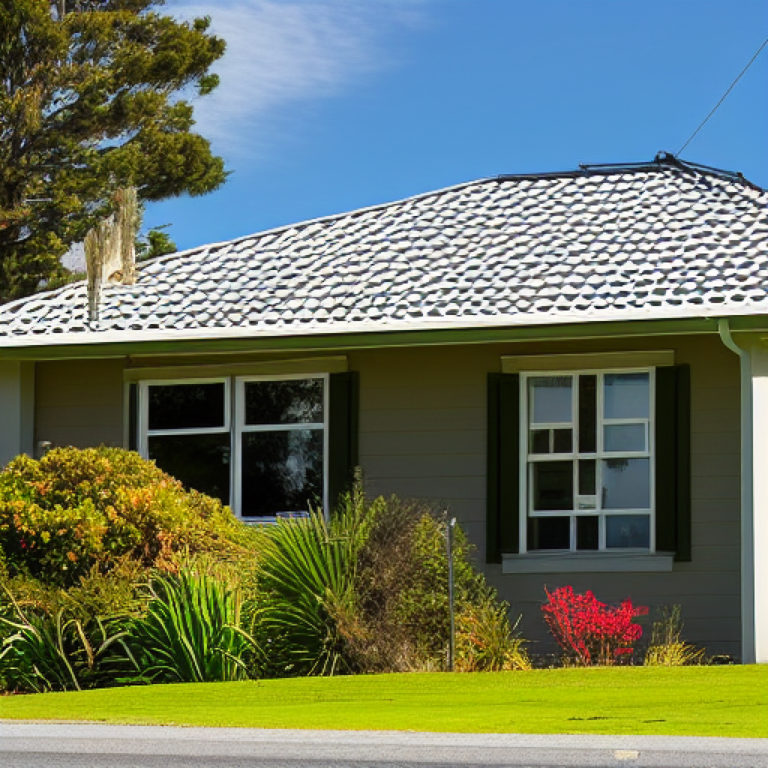If you’re buying a home in Milpitas, CA, you’ll want to know the closing costs. These are the fees and expenses that are associated with the purchase of a home.
Closing costs can vary depending on the state, county, and municipality in which you’re buying property. This blog post will provide a comprehensive guide to closing costs in Milpitas, CA. We will discuss title insurance, escrow fees, recording fees, property taxes, and more.
The Closing Cost in Milpitas, CA

In Milpitas, CA, the buyer and seller typically split the closing costs. However, there are some instances where the seller may pay for a portion of the buyer’s closing costs.
As a buyer, you should expect to pay 2% to 3% of the home’s purchase price in closing costs. So, if you’re buying a $500,000 home in Milpitas, CA, you can expect to pay $10,000 to $15,000 in closing costs. The closing costs come in two categories: non-recurring and recurring.
Non-Recurring Fees
Non-recurring closing costs are one-time fees that are paid at closing.
- Downpayment: The downpayment is the portion of the home’s purchase price that you pay upfront. This is typically 20% of the purchase price, but it can vary depending on your loan type.
- Escrow Fees: Escrow fees are paid to the escrow company for their services. These fees typically range from $500 to $5,000.
- Title Insurance: Title insurance protects the lender and buyer from any claims or disputes arising from the property’s title. In Milpitas, CA, title insurance typically costs 0.25% of the home’s purchase price.
- Notary Fees: Notary fees are paid to the notary public for their services in witnessing the signing of documents. In Milpitas, CA, notary fees typically range from $30 to $50.
- Recording Fees: Recording fees are paid to the county recorder’s office for recording the deed and mortgage. In Milpitas, CA, recording fees typically range from $25 to $75.
- Mortgage Origination Fee: This is a fee charged by the lender for processing the loan. The mortgage origination fee typically ranges from 0.50% to 0.75% of the loan amount.
- Underwriting Fee: This is a fee charged by the lender for underwriting the loan. The underwriting fee typically ranges from $400 to $900.
- Processing Fee: This is a fee charged by the lender for processing the loan.
- Flood Certification Fee: This is a fee charged by the lender to obtain a flood certification.
- Discount Points: Discount points are a form of prepaid interest that can be used to buy down the interest rate on your loan. One discount point typically costs 1% of the loan amount.
- Mortgage Insurance Premium: Mortgage insurance is required if you put less than 20% down on the home purchase. The mortgage insurance premium is typically paid monthly but can also be paid upfront.
Recurring Fees
Recurring closing costs are ongoing expenses that you will have as a homeowner. Three months’ worth of homeowner’s insurance and six months’ worth of property taxes are typically escrowed at closing. This is done to help the new homeowner easily move to a new payment schedule.
The lender helps to dispense the funds on the homeowner’s behalf, and the funds are put into an escrow account. This account is then used to pay the homeowner’s insurance and property taxes when due.
- Prepaid Mortgage Interest: Mortgage interest is paid in arrears, meaning that you pay the interest for the month after it has already occurred. When you close your home, you will have already incurred a month’s mortgage interest. This amount is typically added to your escrow account to be paid when it comes due.
- Property Taxes: Property taxes are paid to the county where your home is located. The amount of property tax you pay is based on your home’s assessed value and the county’s tax rate.
- Hazard Insurance: Hazard insurance, also known as homeowner’s insurance, is a type of insurance that protects your home from damage. This includes damage caused by fire, wind, hail, and other natural disasters.
- HOA Dues: HOA dues are paid to the homeowners’ association for their services. These services include maintaining common areas, such as pools and playgrounds, and providing amenities like trash pickup.
How Can a Milpitas Resident Determine the Average Closing Costs of Buying a Home?

There are a few ways to determine the average closing costs of buying a home in Milpitas. One way is to speak with a local real estate agent, who will be able to provide you with an estimate based on their experience.
Another way is to use an online closing cost calculator, which can give you a more accurate estimate based on your specific situation.
What Are Some Popular Ways to Pay Closing Costs?
All your closing costs don’t have to come out of your own pocket. There are a few popular ways to fund closing costs, such as:
Pay From Your Personal Checking or Savings Account
You can cover closing costs from your personal checking or savings account. Doing so can save you money in the long run, as you’ll avoid paying interest on the amount rolled into your mortgage.
However, the money must be in your account for at least 60 days before using it. Also, make sure you plan ahead when paying from your personal account and account for all the necessary funds.
You don’t want to end up having to tap into your home equity line of credit or take out a personal loan to cover these costs. By planning ahead and being mindful of your budget, you can ensure that you’re prepared to pay your closing costs without any stressful surprises.
Roll It Into Your Mortgage
Another popular way to pay closing costs is to roll them into your mortgage. This means you would finance your closing costs, adding them to your loan balance.
While this can be a convenient option, it’s important to remember that you’ll be paying interest on the amount rolled into your mortgage. This can end up costing you more in the long run.
If you’re considering this option, speak with your lender about the interest rate and whether it makes sense for your situation.
Ask Your Family for Gift Funds
If you have a family member or friend who’s willing to help with your closing costs, this is another option for you. Just make sure that they document the donation in a gift letter indicating the amount and relationship to the borrower.
Your lender will require this gift letter as proof that the money is a bona fide gift, not a loan that must be repaid. To avoid providing extra documentation, you can ask the donor to make the check payable to your closing agent or title company.
While it’s not required, some people choose to repay their family members or friend over time. If you go this route, just be sure to document the payments in a promissory note and keep their records for tax purposes.
Ask for a Seller’s Credit
Sometimes, the seller may be willing to help with your closing costs. This is known as a seller’s credit. However, this usually happens only in a buyer’s market when there are more homes for sale than buyers.
Seller’s credits are negotiable, so it’s important to discuss this with your real estate agent and have them include it in your offer. The credit is typically for a percentage of the sale price, and the seller will apply it to your closing costs at settlement.
Remember that a seller’s credit might increase the amount you’re borrowing and, as a result, the size of your monthly payments. But it can be a helpful way to offset some of the upfront costs associated with buying a home.
Apply for Government Assistance Programs
There are a variety of government assistance programs available that can help finance your closing costs. For example, the City of Milpitas Below Market Rate (BMR) Program assists low-income households in becoming homeowners.
However, to be eligible, you must be a first-time homebuyer, able to drop at least a 10% downpayment, and meet the program’s income requirements. If you think you might qualify, contact the City of Milpitas Housing Division for more information.
Tips for Paying Closing Costs

Here are a few tips to help make paying your closing costs as smooth as possible:
- Start saving early. It would be good to begin setting aside money for your downpayment and closing costs as soon as you start thinking about buying a home. The sooner you start saving, the less stressful it will be for you when the time to pay comes.
- Shop around for loans. Not all lenders are created equal. Shop around and compare interest rates and fees to find the best deal.
- Get pre-approved for a mortgage. Getting pre-approved for a mortgage is a good way to know how much home you can afford and estimate your monthly payments.
- Ask about closing cost assistance. As we mentioned, programs are available to help with closing costs. If you think you might qualify, contact your local government housing office or the lender you’re working with.

Final Thoughts
Now that you know about the closing costs in Milpitas, CA, you’re one step closer to becoming a homeowner. Just remember to start saving early, shop around for loans, and get pre-approved for a mortgage. And if you think you might qualify, don’t forget to ask about closing cost assistance programs.
As long-time Milpitas residents, we will be glad to help you sort through your options and find a home that’s just right for you. So please, don’t hesitate to contact us today.
We can help you negotiate the best price on your new home and ensure the process goes as smoothly as possible. We look forward to hearing from you soon!
Frequently Asked Questions
Are closing costs included in the loan?
This depends on the lender. Closing costs are not typically included in the loan. However, adding costs to your mortgage balance may be good if your lender permits it. Also, some real estate investors prefer to include their closing costs in the loan, even if it means having a higher monthly payment.
Is the closing cost part of the mortgage?
No, closing costs are not part of the mortgage. A mortgage is an amount you’re borrowing to purchase your home. Closing costs are the fees and expenses paid at settlement.
How much is the closing cost for the buyer in California?
Closing costs for buyers in California typically range from 2% to 3% of the home’s purchase price. However, this depends on various factors, such as the type of loan you’re getting and whether you’re paying cash or taking out a mortgage.
What are some of the most common mistakes buyers make when going through the closing process?
Some of the most common mistakes buyers make when going through the closing process include:
- Not being aware of all the costs involved.
- Not shopping around for the best loan terms.
- Not getting pre-approved for a mortgage.
- Failing to ask about assistance programs that can help with closing costs.
What questions should first-time homebuyers ask their real estate agent before buying a new house?
First-time homebuyers should ask their real estate agent about:
- The area they’re considering moving to.
- The type of home they’re interested in.
- The budget they have for their new home.
- Any programs that can help with the closing costs.
How do people choose a lawyer to handle their closing costs?
When choosing a lawyer to handle their closing costs, they should:
- Look for someone who has experience handling real estate closings.
- Ask for referrals from friends or family.
- Check with the local bar association to see if any complaints have been filed against the lawyer.
Is my closing cost tax deductible?
Your closing costs are only tax deductible if those costs are classified as mortgage interest or real estate taxes for a mortgage refinance. But if it’s for fees for services like an appraisal or loan origination, it isn’t tax deductible.
Which mortgage company has the lowest closing costs?
The mortgage company with the lowest closing costs will depend on several factors, such as your loan type and credit score. It’s always a good idea to compare offers from multiple lenders to ensure you’re getting the best deal.



